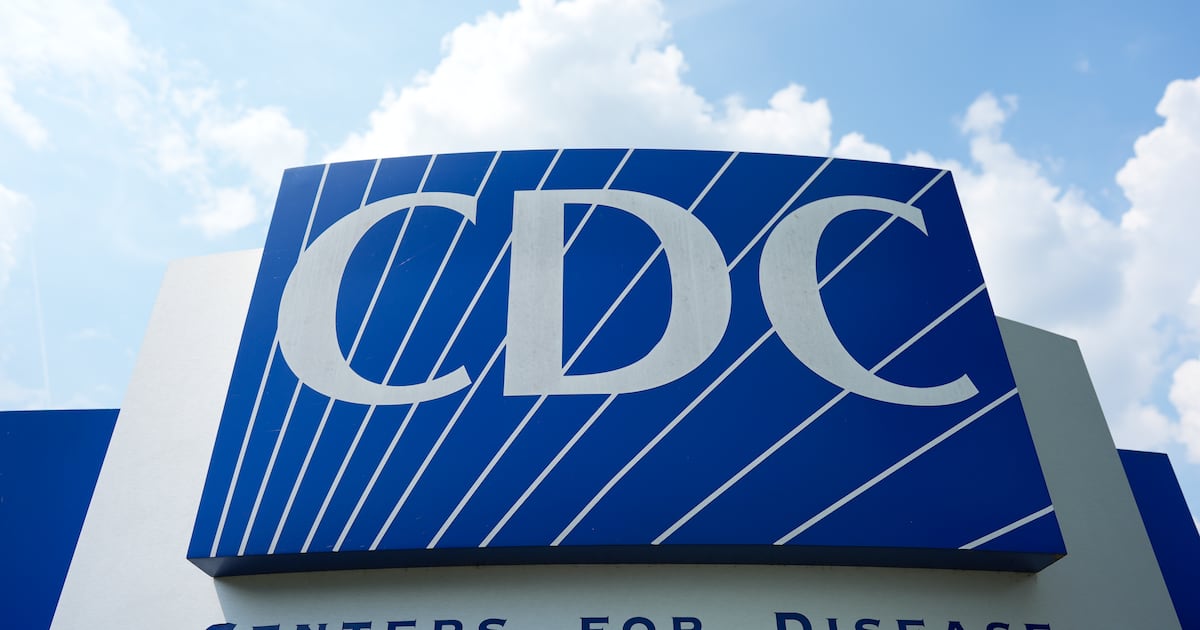The elimination of the Centers for Disease Control and Prevention’s Office on Smoking and Health will have a destructive impact across the nation and here in Utah.

As a pediatric nurse, I’ve witnessed the devastating and extensive impact of tobacco on patients and their families. I’ve cared for children with respiratory conditions worsened by secondhand smoke, and I’ve been alarmed by the rise of e-cigarette use among teens and how quickly it can lead to nicotine addiction.
I am alarmed by the recent cuts to federal anti-tobacco programs. The elimination of the Centers for Disease Control and Prevention’s Office on Smoking and Health will have a destructive impact across the nation and right here in Utah. Programs funded by the agency are critical to helping state and local health departments and community organizations prevent youth e-cigarette use and support kids struggling with nicotine addiction.
Reps. Celeste Maloy, Mike Kennedy, Burgess Owens and Blake Moore have spoken about the importance of protecting children and supporting families. Our lawmakers in D.C. must continue to stand up for Utah kids and reject these reckless cuts. We need them to restore funding for proven anti-tobacco programs that save lives, reduce health care costs and secure a brighter future for our kids.
Last month, the Senate took a small but positive first step forward when its Appropriations Committee, on a bipartisan basis, advanced a Fiscal Year 2026 funding bill that preserves funding for CDC’s Office on Smoking and Health. But the work in restoring funding is far from over. Next month, the House Appropriations Committee, of which Rep. Maloy is a member, will consider its version of the funding bill. It is critical that Rep. Maloy and other members of this important committee ensure that the House funds CDC’s vital anti-tobacco efforts.
While tobacco use has dropped over the past several decades, it’s far too early to declare victory in this public health fight. Tobacco use remains the leading cause of preventable death both nationwide and in Utah. Each year, it claims the lives of nearly 500,000 Americans, leaves millions more suffering from tobacco-related illnesses and drives up health care spending by more than $241 billion, much of it paid by taxpayers through programs like Medicare and Medicaid. In Utah alone, tobacco-related health care expenses total $630 million annually, including $135.4 million through Medicaid.
What’s especially disconcerting is how the tobacco industry continues to target our kids with e-cigarettes. More than 1.6 million kids nationwide use these devices, including 5.7% of high school students in Utah. These products, which come in a variety of sweet, kid-friendly flavors, are readily available online and in retail stores. Many are designed to look like school supplies such as highlighters or pens, making them easy to conceal. Some even come with built-in video games and other smartphone-like features, which are even more appealing to kids.
Within those slick packages are high levels of nicotine — some e-cigarettes contain as much as 20 packs of cigarettes or more. Youth use of nicotine in any form is unsafe and can harm brain development, particularly attention, memory and learning. Plus, these devices can also expose kids to harmful chemicals like formaldehyde and lead.
Tackling youth tobacco use is essential to protecting our children’s health today and preventing a lifetime of chronic illness tomorrow. That’s why federal programs are so important. In fiscal year 2024, Utah received $1.26 million in federal tobacco prevention and cessation funding for initiatives like the state Quit Line, which provides free counseling and nicotine replacement therapy to help smokers quit. It also supports programs that partner with schools, parents, health providers and communities to prevent youth use of tobacco products.
In addition to losing funding for such programs, the elimination of the CDC office also likely means the end of its successful national public education campaign, “Tips from Former Smokers,” which has helped one million smokers quit, prevented more than 129,000 smoking-related deaths and saved over $7 billion in health care costs. Without “Tips,” hundreds of thousands of Americans won’t successfully quit smoking.
Congress must not turn its back on programs that have saved lives and prevented chronic disease for so many Americans. If these cuts are allowed to stand, more kids will be left deprived of resources, more families will suffer and more lives will be lost. Protecting our children from a lifetime of tobacco and nicotine addiction isn’t just a public health priority; it’s a moral obligation, one I take personally. Policymakers must act now to safeguard our nation’s most important asset: the next generation.
Source: Utah News
